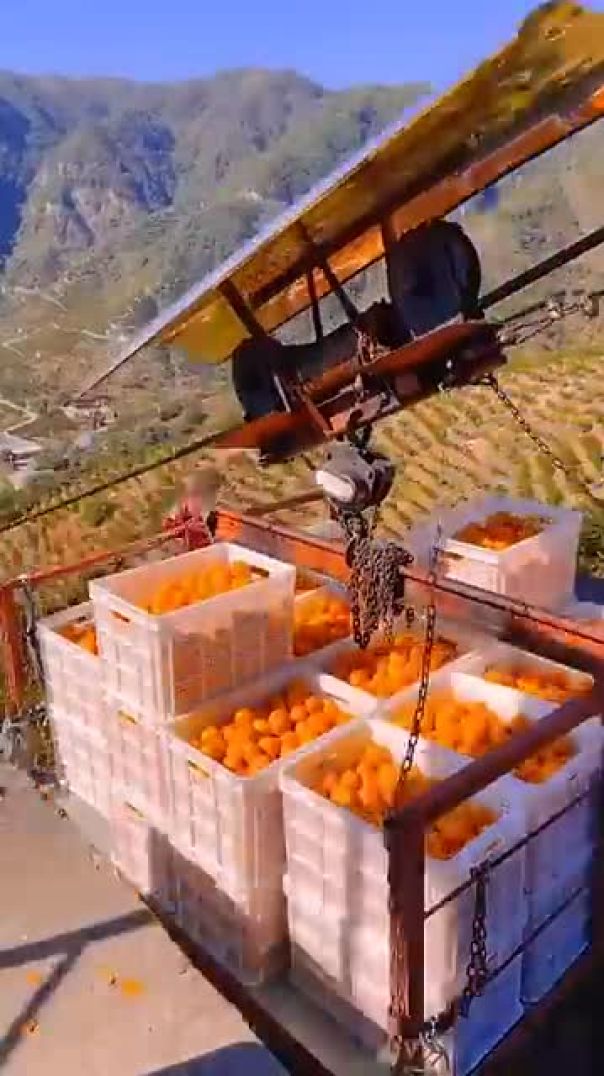The Australian wine industry is a cornerstone of the nation’s agribusiness sector, renowned for its diverse varietals and unique terroir. However, beyond the picturesque vineyards and bustling cellar doors, there are numerous surprising facts about this vibrant industry that even seasoned agribusiness consultants might not be fully aware of. This article delves deep into the intricacies of Australian wine, offering insights that are as enlightening as they are unexpected.
1. Australia: A Global Leader in Wine Exports
While France and Italy often dominate conversations about wine, Australia has quietly established itself as a global powerhouse. According to the Australian Bureau of Statistics (ABS), Australia is the fifth-largest wine exporter globally, with annual exports exceeding AUD 3 billion. This robust export performance is driven by the popularity of Australian wines in key markets such as China, the United States, and the United Kingdom.
2. The Surprising Role of Technology in Viticulture
The integration of technology into viticulture is reshaping how Australian winemakers cultivate grapes. Precision agriculture tools, including drones and satellite imagery, are now standard in many vineyards, allowing for real-time monitoring of grape health and soil conditions. This technological advancement is not only enhancing yield but also improving the quality of the wine produced.
3. A Pioneering Force in Sustainability
Sustainability is at the forefront of the Australian wine industry. Many wineries are adopting eco-friendly practices, such as organic farming and water conservation, to minimize their environmental impact. The Australian Wine Research Institute (AWRI) has been instrumental in guiding these sustainability efforts, providing research and resources to support environmentally conscious winemaking.
Case Study: Yalumba Wine Company - A Commitment to Sustainability
Problem: Yalumba, one of Australia's oldest family-owned wineries, faced the challenge of maintaining product quality while reducing its environmental footprint.
Action: The winery implemented a series of sustainability initiatives, including solar energy adoption and a comprehensive waste reduction program.
Result: Yalumba succeeded in reducing its carbon emissions by 20% and water usage by 30% within five years. These efforts have not only improved their environmental impact but also boosted their brand reputation.
Takeaway: Yalumba's success demonstrates the tangible benefits of integrating sustainability into wine production, offering a model for other wineries to follow.
4. Wine Tourism: A Booming Industry
Wine tourism is a significant contributor to Australia's economy, with regions like the Barossa Valley and Margaret River attracting millions of visitors annually. According to Tourism Australia, wine-related travel generates over AUD 9 billion in economic activity each year, highlighting the symbiotic relationship between viticulture and tourism.
5. The Impact of Climate Change
Climate change poses a significant threat to the Australian wine industry. Rising temperatures and unpredictable weather patterns are affecting grape ripening processes and harvest times. However, Australian winemakers are adapting by exploring heat-resistant grape varieties and employing innovative irrigation techniques to mitigate these challenges.
6. Regulatory Insights: The Role of the ACCC
The Australian Competition and Consumer Commission (ACCC) plays a pivotal role in maintaining fair trade practices within the wine industry. Recent investigations into wine grape supply agreements have ensured that growers receive fair compensation, fostering a more equitable marketplace.
7. Indigenous Varietals: A Unique Offering
While Shiraz and Chardonnay are synonymous with Australian wine, the industry is witnessing a resurgence of interest in indigenous grape varieties. Winemakers are increasingly experimenting with varietals like Durif and Vermentino, offering consumers unique flavors and expanding Australia's wine portfolio.
Pros and Cons of Indigenous Varietals
Pros:
- Diversification of wine offerings.
- Potential for unique marketing angles.
- Adaptability to local growing conditions.
Cons:
- Market acceptance challenges.
- Limited consumer awareness.
- Potential higher production costs.
8. The Economic Impact of the Wine Industry
The wine industry is a significant contributor to the Australian economy, supporting over 160,000 jobs and contributing AUD 45 billion annually. This economic impact underscores the industry's importance to regional communities and the national economy at large.
9. Wine and Health: A Double-Edged Sword
Moderate wine consumption has been linked to various health benefits, including improved cardiovascular health. However, excessive consumption poses health risks, prompting the Australian government to implement guidelines promoting responsible drinking.
10. Future Trends: The Rise of Organic Wines
The demand for organic wines is on the rise, driven by health-conscious consumers and environmental awareness. The Australian wine industry is responding by increasing organic wine production, a trend that is expected to grow exponentially in the coming years.
Common Myths & Mistakes
Myth: "All Australian wines are high in alcohol content." Reality: While some Australian wines are known for their bold flavors, many producers are crafting wines with balanced alcohol levels, catering to diverse consumer preferences.
Myth: "Australian wine is only about Shiraz and Chardonnay." Reality: Australia’s wine industry is incredibly diverse, with winemakers producing a wide range of varietals, including Pinot Noir, Riesling, and Cabernet Sauvignon.
Myth: "Climate change will end Australian wine production." Reality: While climate change presents challenges, the industry is adapting through innovation and resilience, ensuring its longevity and continued success.
Conclusion
The Australian wine industry is a dynamic and integral part of the nation's economy and culture. From its significant economic contributions to its innovative approaches in sustainability and technology, Australian wine continues to make waves on the global stage. As the industry faces challenges such as climate change, the resilience and adaptability of winemakers promise a vibrant future. For agribusiness consultants, understanding these nuances is crucial in advising stakeholders and supporting the industry's growth and sustainability.
People Also Ask
- How does the Australian wine industry impact the economy?It contributes over AUD 45 billion annually and supports more than 160,000 jobs, significantly impacting regional economies.
- What are the biggest misconceptions about Australian wine?Many believe it’s limited to Shiraz and Chardonnay, but the industry produces a wide variety of wines including Pinot Noir and Riesling.
- What future trends should the Australian wine industry be aware of?The rise of organic wine production and the adoption of sustainable practices are key trends shaping the future.
Related Search Queries
- Australian wine industry trends 2025
- Sustainable practices in Australian winemaking
- Impact of climate change on Australian vineyards
- Organic wine production in Australia
- Technology in the Australian wine industry































